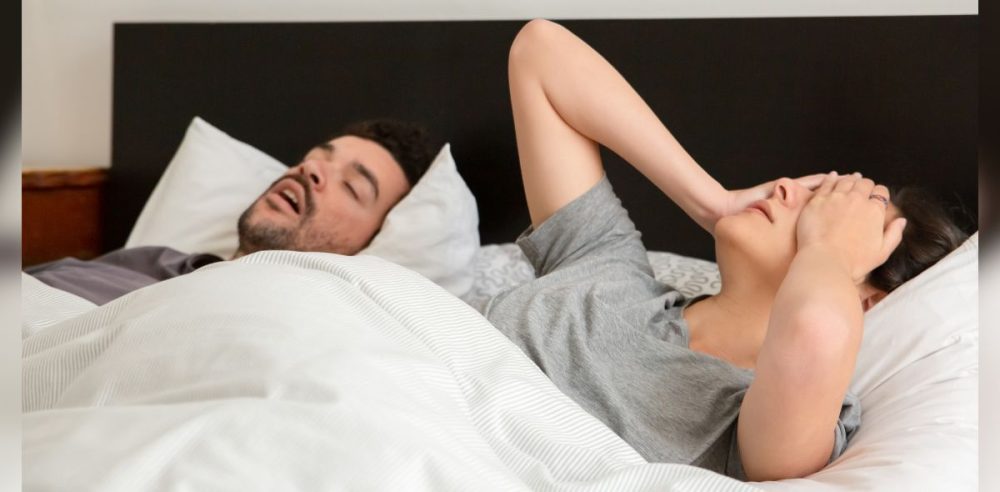Taking longer to reach a dream state while sleeping is linked to a higher likelihood of developing dementia, according to a new study.
It is not just the amount of sleep but also the quality that is important for health. Taking longer to enter the rapid eye movement (REM) phase of sleep, characterized by dreaming, has the potential to interfere with the brain’s ability to consolidate memories.
This is not the first time researchers have linked poor sleep to cognitive decline. Last year, The Dallas Express reported on a study highlighting the importance of deep sleep for brain health, particularly for individuals at risk of Alzheimer’s.
The researchers discovered that older adults with Alzheimer’s-linked brain changes exhibit better memory recall when they accumulate more deep sleep.
The latest research, however, points specifically to the risk of taking longer to enter the dream phase, a phenomenon that may be an early indicator of the neurodegenerative disease.
A full sleep cycle takes roughly 90 minutes or more to complete and involves four distinct stages. REM is the fourth and final cycle, following the three phases where dreaming does not occur. Depending on age, a person can complete four or five sleep cycles in a normal night. Typically, older people take longer to transition into REM.
The REM phase is critical for allowing the brain time to process memories. In particular, emotionally linked memories are consolidated, moving them into the mind’s long-term storage.
“The delay in REM sleep disrupts the brain’s ability to consolidate memories by interfering with the process that contributes to learning and memory. If it is insufficient or delayed, it may increase the stress hormone cortisol. This can impair the brain’s hippocampus, a critical structure for memory consolidation,” said study co-senior author Professor Yue Leng of the University of California, San Francisco, per the New York Post.
The study examined data from 128 participants with an average age of 70. Half of the individuals had Alzheimer’s, and roughly one-third had some form of cognitive impairment, a condition that often precedes full-blown Alzheimer’s.
The participants’ sleep was monitored overnight, allowing the researchers to analyze brainwave activity, eye movement, heart rate, and breathing. Following the assessment, the individuals were divided into two buckets: those who entered REM early in, under 98 minutes after falling asleep, and those who experienced delayed entry, taking more than 193 minutes.
The participants with Alzheimer’s were more likely to experience delayed REM sleep. They also possessed higher levels of the two toxic proteins, amyloid and tau, found in people suffering from the disease.
The researchers say people concerned about developing Alzheimer’s should strive for better sleep hygiene.
“This includes treating conditions like sleep apnoea and avoiding heavy drinking, since both can interfere with a healthy sleep cycle,” said study co-senior author Dr. Dantao Peng of the Department of Neurology at the China-Japan Friendship Hospital in Beijing.


